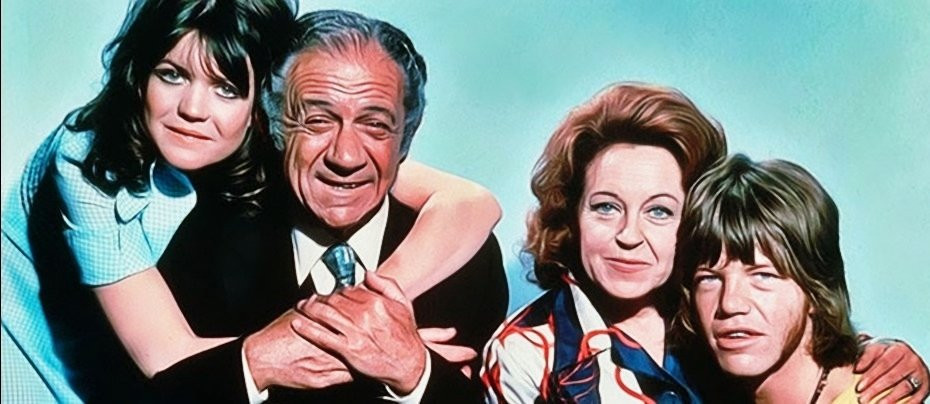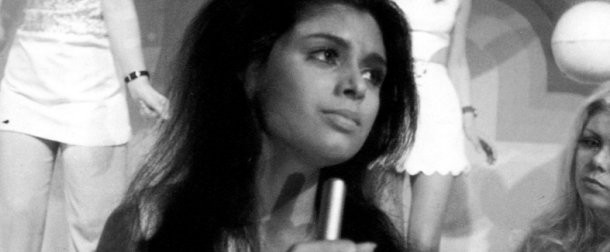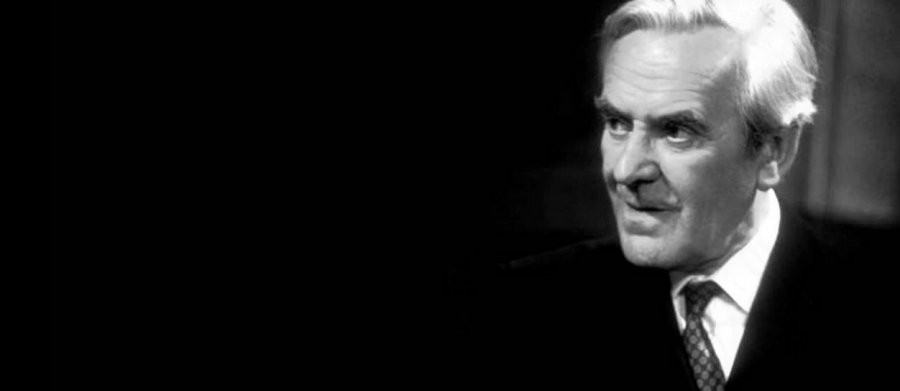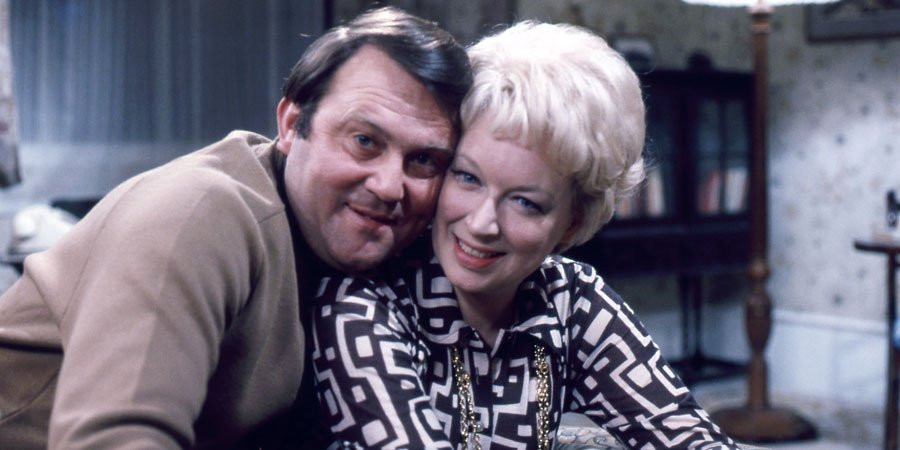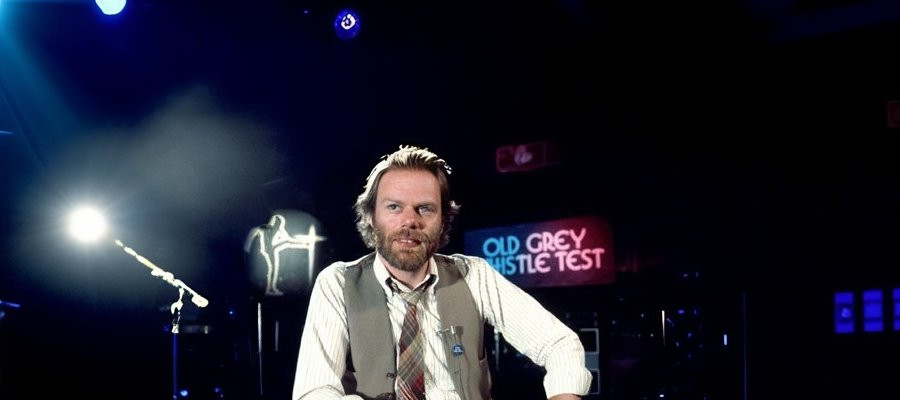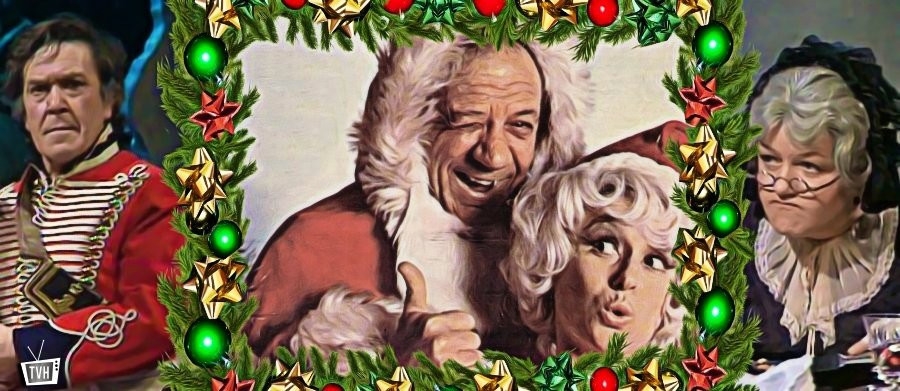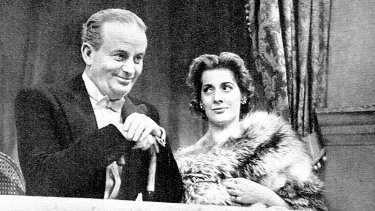
The Passing Show
1951 - United KingdomCritically well-received, The Passing Show appeared on BBC television in April 1951 as a five-part series to commemorate the Festival of Britain, presenting a cavalcade of musical comedies and music-hall over the first fifty years of the century.
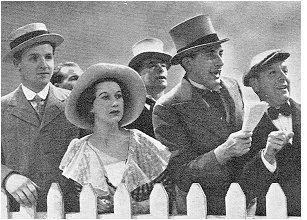
Produced by Michael Mills (who, in a prolific career would later produce Misleading Cases, All Gas and Gaiters, Marty, Clochemerle, Some Mothers Do 'Ave 'Em, Get Some In!, A.J. Wentworth, BA and Tripper's Day), it had one of the largest casts of any other BBC series at that time. The programmes were considered too long for 1951, but for the swift handling of the sheer mechanics of television production The Passing Show was a considerable technical success. Among the series cast were Nicholas Parsons, Peter Butterworth, David Kelly, Milo O'Shea, Frank Thornton and June Whitfield.
The format may well have been partially inspired by the one-off Welcome to City Varieties, transmitted on 7th January, which was listed in the Radio Times as "television presents a playbill of the past fifty years" and is generally regarded as the forerunner to The Good Old Days. However, The Good Old Days didn't reach our screen until 1953, coincidentally the same year that The BBC revived The Passing Show as part of its Coronation celebrations.
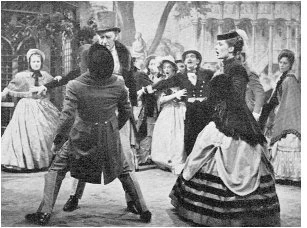
Not all critics were kind about The Passing Show. Writing in The Television Annual 1952, Kenneth Baily observed that "the programmes were possibly too long-ninety minutes each-and the thread of domestic drama on which they were hung was sometimes weakened by arch script-writing." The first story "1900-1910: The Years of Plenty" was broadcast on 16th April with the second, "1910-1920: The Years of Change" almost a month later on 22nd May. Each show, unrecorded, was repeated live the following week. The final show, "1940-1946: Only Yesterday" was broadcast on 6th August with a repeat on the 14th. Another Festival-year effort was the musical play The Golden Year, starring Jack Hulbert and Sally Ann Howes. This was set against the backdrop of the 1851 Exhibition in Hyde Park, but, although transmitted during The Passing Show's run (23rd June) it was inexplicably not shown as part of the same series.
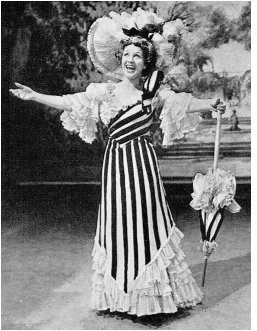
The 1953 revival, also billed as 'famous Victorians' is notable for two particular stories; "Charles B. Cochran Presents" , a reconstruction of the impresario's life (transmitted 6th April) and Our Marie (12th February), which told the story of the undisputed queen of British music-hall, Miss Marie Lloyd. The musical biography, longer in length than most of the other productions in the series at 105-minutes, featured Pat Kirkwood in the title role and took Lloyd from the age of 16 to 52. Kirkwood had no fewer than fifty changes of costume and performed 15 songs to the live television audience. She also appeared in almost all of the 100 different scenes.
Kenneth Baily was no kinder to this series as he was the first. He observed that Kirkwood certainly bought artistry to the role, especially in the dramatic scenes, but went on to say that "...for the rest of its long-winded session it produced a set of old music-hall songs, presented on phoney-looking reconstructions of old music-hall stages" and suggested it would have been more suited to "sound radio." He was even more scathing about the Cochran story: "The C.B. Cochran life-story, heralded by a pretentious fanfare spoken by his now middle-aged "Young Ladies", drew out the ageing of Frank Lawton (the lead actor) for so many minutes that even the make-up department appeared to have gone off duty and left his facial transformation halfway through. The middle-aged section of the viewing audience may have enjoyed the nostalgia evoked by echoing the Cochran years, but to get the pleasure they had to sit through "link" scenes which creaked with far-fetched device." With Baily's approval or not, both series were well-received by the viewing public and it was clear that television audiences enjoyed the variety of the old music-hall days. That enjoyment was proved by The Good Old Days which stayed on our screen for 30 years.
Trivia
C. B. Cochran, was an English theatrical manager and impresario. He produced some of the most successful musical revues, musicals and plays of the 1920s and 1930s, becoming associated with Noël Coward and his works, producing several of Coward's famous plays and musical comedies. He also mounted the London productions of a few Cole Porter musicals. Cochran was responsible for discovering new talents and making stars out of them.
Seen this show? How do you rate it?
Seen this show? How do you rate it?
Published on January 18th, 2019. Written by Laurence Marcus (2015) Sources: The Television Annual 1952, British Television by Tise Vahimagi, BBC Genome for Television Heaven.



